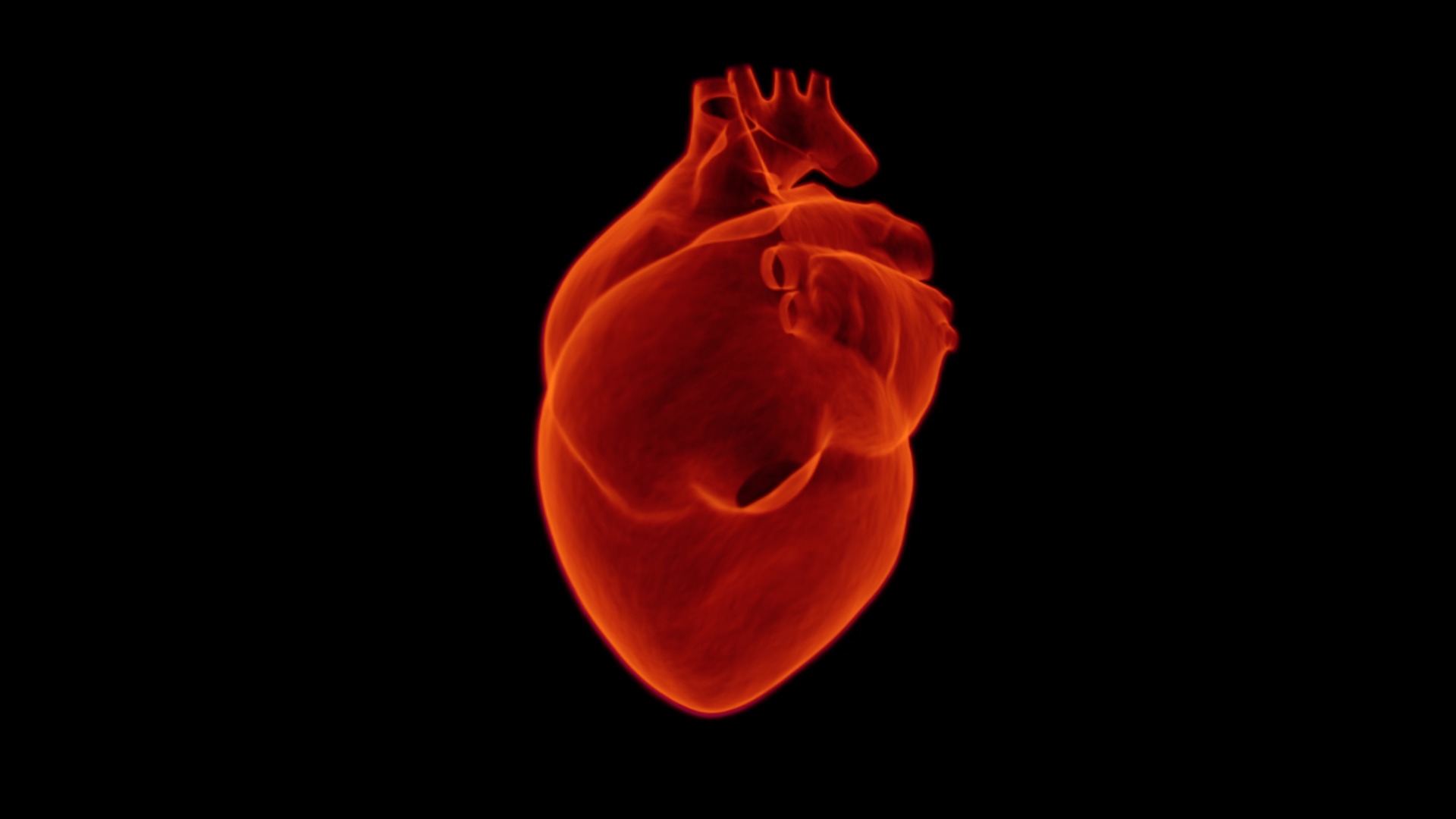
Contemporary wearable technologies allow for the continuous tracking of vital signs. Yet, in pursuits like cycling, motor racing, or military operations, a helmet equipped with integrated sensors offers optimal convenience. In pursuit of this objective, scientists at Imperial College London explored the practicality of capturing the electrocardiogram (ECG), respiration, and EEG by incorporating multiple electrodes into a smart helmet.
- An award-winning paper explores the potential of a smart helmet to collect data in noisy environments.
- In the future, the helmet could be useful to athletes and patients.
The invention, which has the potential to revolutionise fields as diverse as sports science and military training, has earned its creators the 2023 IEEE Engineering in Medicine and Biology Society Prize Paper Award.
Seamless integration of health monitoring
The “Smart Helmet” is an exemplar of seamless integration. It’s equipped with multiple electrodes embedded within a standard helmet, capable of recording the electrocardiogram (ECG), respiration, and EEG from facial positions. This design addresses the need for continuous, convenient monitoring without hindering the wearer’s activity.

With electrode positions strategically placed at the lower jaw, mastoids, and forehead, the helmet’s sensors can gather accurate data. This is vital for validation against conventional monitoring methods like respiration belts and chest ECGs. The research team also developed a robust algorithm ensuring reliable data capture even in noisy, motion-intensive environments.
From concept to reality
The “Smart Helmet” was put through rigorous testing in real-world activities such as cycling and walking. The aim was to prove the concept under the very motion artifacts that the helmet is designed to withstand.
Implications for the future
For athletes, the ability to monitor vital signs and neural responses while engaged in sports could provide invaluable data to optimise performance and safety. In healthcare, patient monitoring can be more mobile and less intrusive, and for military personnel, the helmet could provide real-time health data in the field, potentially saving lives.








